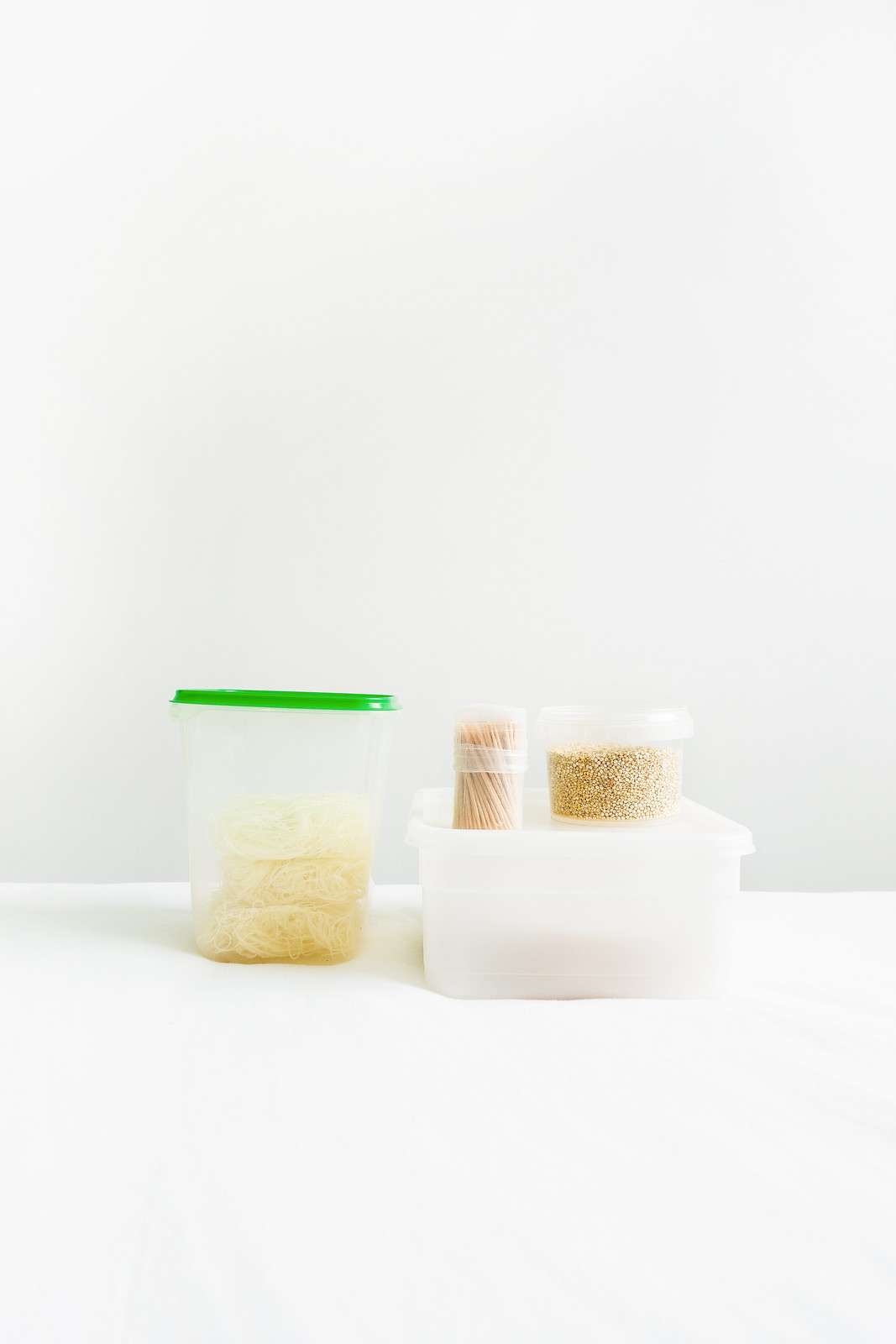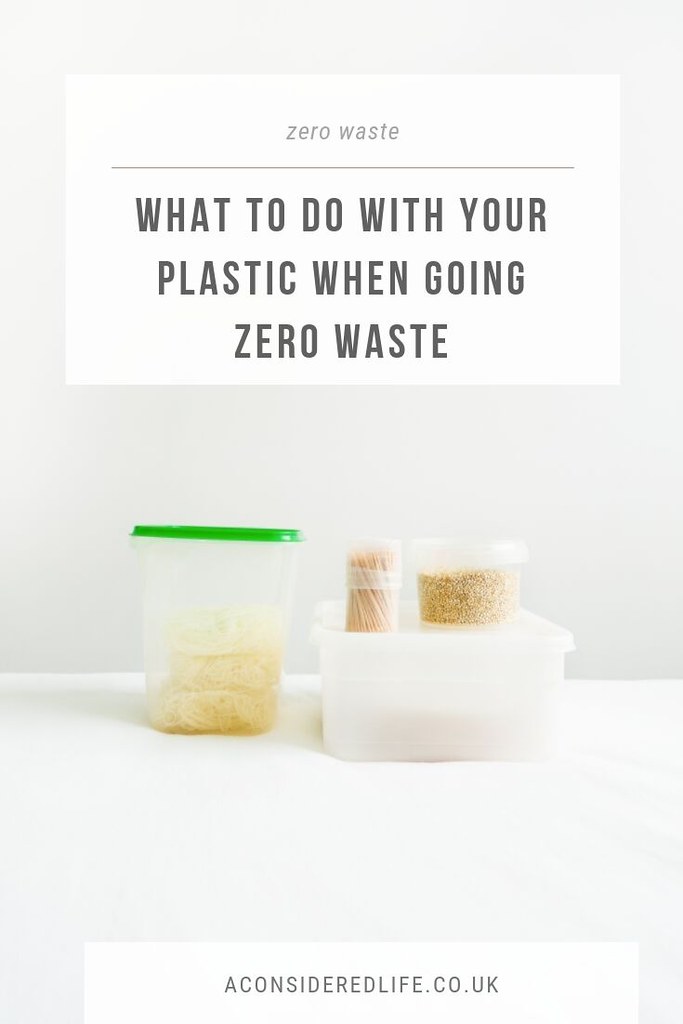
Plastics have become a staple in everyday life and in many cases they still play a crucial role. We shouldn't overlook how important they are. Plastics have improved our lives aiding our health and well being, providing nutrition, shelter, and transportation, as well as safety, security, communication and innovation. It's cheap, durable, and can be used to make almost anything which is the reason it's being used so much to make so many things. The real problem is we've come to rely too heavily on unnecessary plastic products. It's been estimated that as much as 50% of plastic is used once and thrown away. The reality is we need to stop using plastic for single-use items and unnecessary disposables, not stop using it altogether.
Plastics can take hundreds of years to degrade and when they do they form microplastics, which are just as harmful. This means any plastic that gets thrown away sticks around for many generations, taking up landfill space and polluting the environment. Microplastics in our ocean stand in excess of fifteen trillion pieces and the effect is devastating. If you're eating sea life, you're consuming 11,000 pieces of microplastics per year.
When going zero waste, the knee-jerk reaction is to get rid of as much plastic as possible. The sight of it can make us feel awful, maybe even guilty so our immediate response is to donate and discard as much of it as we can. That’s neither sustainable or zero waste. So what do we do with the plastic we already own? The resounding answer is: use it. Certainly don't throw it away.
The harmful effects of plastic for food storage is often discussed and hotly debated. If, like me, you prefer to avoid using it to store your food, there are other ways you can put the plastic you already own to good use. I've found plastic tubs useful for all kinds of things: beauty storage, draw organisation, craft supplies, office storage, seedling pots, toy storage. There are endless possibilities. Any plastic bags you have can be used as bin liners (they're heading to landfill either way), pet waste, shoe covers, storing bread, protecting toiletries when travelling (in case anything spills), or DIY projects. If you have ziplock bags, keep using them; a thorough rinse and they can be reused endlessly. Old plastic toothbrushes make great scrubbers for hard-to-reach places, disposable razors can be used to removed pilling on clothing, and worn out tea towels can be rags for cleaning up messy spills.

I'll continue to use the other plastic items I have around my home like the plastic bucket I use to clean, the plastic toilet scrubber (which I'll replace with a natural one should it wear out), the large plastic shoppers that make carrying shopping home a whole lot easier, and a repurposed plastic spray bottle. Plastic bags, ziplock baggies, and scrap plastic wrap; I keep it all and repurpose it for packaging houseplant swaps. I don't particularly enjoy having these plastic items around my home but throwing them out isn't the answer.
Zero waste is about living in the most sustainable way possible you can. Getting rid of things you don’t want (plastic or otherwise) without first trying to repurpose and reuse is irresponsible and unsustainable. If you really can’t find a use for these plastic things (or simply have far too many containers and pots), offer them to others who might have a use for them.
Plastic never goes away so if you put it in a bin or donate it, you might have successfully removed it from your home but you won't have dealt with the problem; you’ll just have passed your rubbish onto someone else. The most responsible thing you can do is keep the plastic you already own and find a use for it.

